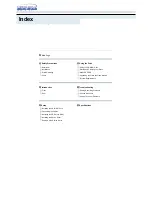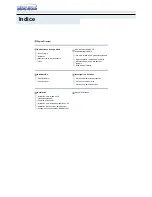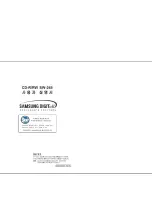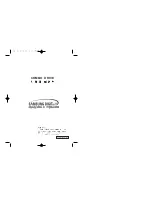
Installing the Inverter
17
3
Installing the Inverter
3.1
Installation Considerations
Inverters are composed of various precision electronic devices, and therefore the installation
environment can significantly impact the lifespan and reliability of the product. The table below
details the ideal operation and installation conditions for the inverter.
Items
Description
Ambient Temperature*
CT load (heavy duty): -10
℃
–
50
℃
VT load (normal duty): -10
℃
–
40
℃
IP54 model types: -10
℃
–
40
℃
Ambient Humidity
90% relative humidity (no condensation)
Storage Temperature
- 4
–
149
F (-20
–
65
℃
)
Environmental Factors
An environment free from corrosive or flammable gases, oil residue, or
dust (pollution degree 2)
Altitude/Vibration
Lower than 3,280 ft (1,000 m) above sea level/less than 0.6 G (5.9
m/sec2)
Air Pressure
70
–
106 kPa
*
The ambient temperature is the temperature measured at a point 2” (5 cm) from the surface of the
inverter. No ice or frost should be present.
•
Do not transport the inverter by
lifting with the inverter’s covers or plastic surfaces. The inverter
may tip over if covers break, causing injuries or damage to the product. Always support the
inverter using the metal frames when moving it.
•
Hi-capacity inverters are very heavy and bulky. Use an appropriate transport method that is
suitable for the weight. Do not place heavy objects on top of electric cables. Doing so may
damage the cable and result in an electric shock.
•
Do not install the inverter on the floor or mount it sideways against a wall. The inverter must be
installed vertically, on a wall or inside a panel, with its rear flat on the mounting surface.
Summary of Contents for SV-iS7 Series
Page 17: ......
Page 114: ...Peripheral Devices 97 Group 2 ...
Page 115: ...Peripheral Devices 98 Group 3 ...
Page 116: ...Peripheral Devices 99 Group 4 ...
Page 159: ...Basic Functions 142 Code Description V1 Quantizing ...
Page 465: ...Safety Funtion STO Safe Torque Off 448 14 2 1 Safety Function Wiring Diagram ...
















































